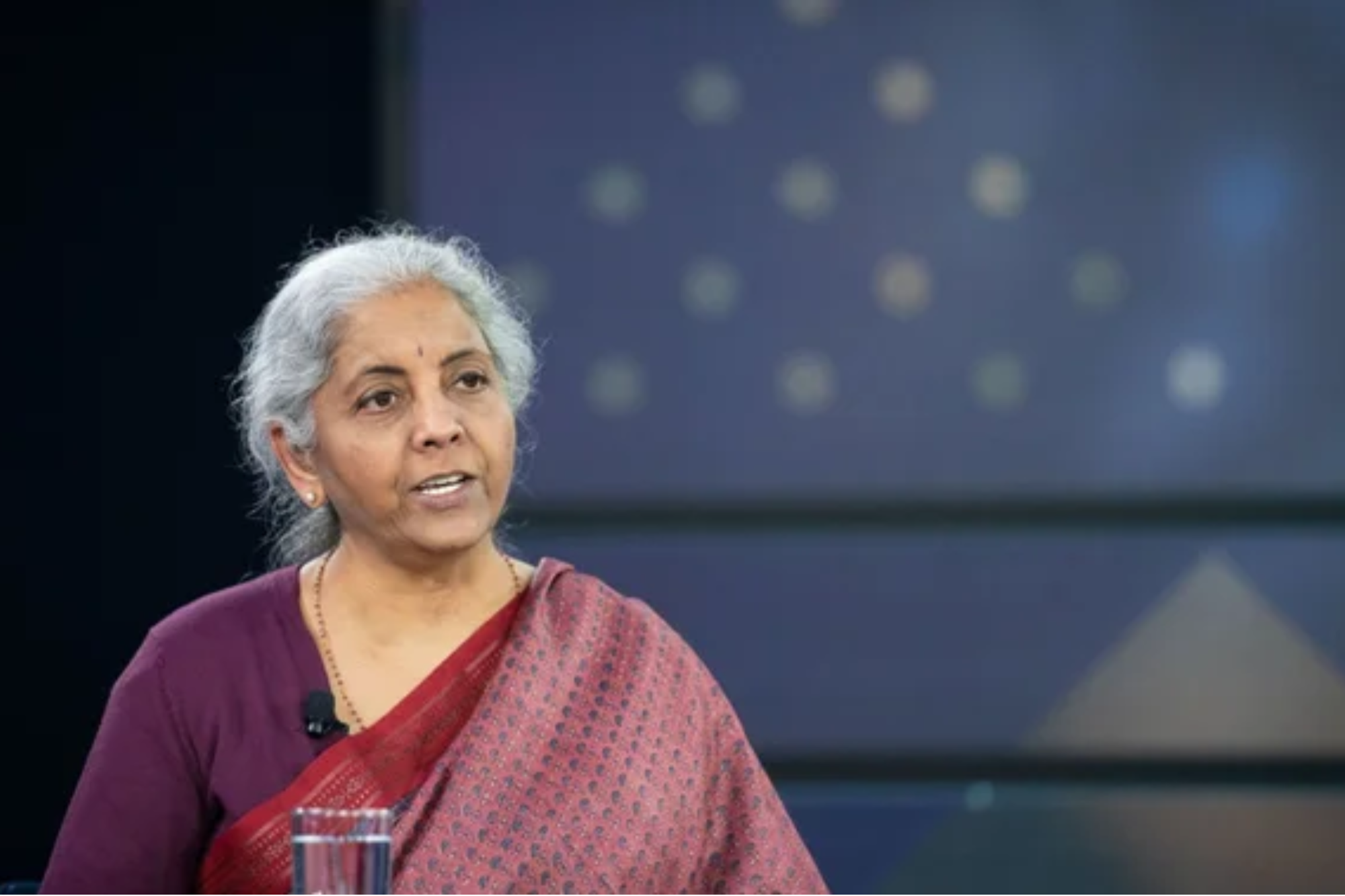#4 Simple Steps to Maximize RoI from Any Conference Maximizing RoI means reaching out to only those companies in which you can be a significant value-add
Opinions expressed by Entrepreneur contributors are their own.
You're reading Entrepreneur India, an international franchise of Entrepreneur Media.

Conferences can be a major expense for any start-up. Shelling out a few thousand bucks and traveling a thousand miles just to prospect for networks can be grueling at times.
Attending conferences can be an investment with potentially high RoI. Not many companies manage to milk it to its fullest capacity. Because of such high RoI expectations, companies hesitate to go to conferences which are lead mines.
Here's how you can hack any conference in 4 easy steps!
1. Prepare a list of potential customers who will be visiting
Conferences see a footfall of thousands of visitors and exhibitors. That means for a conference in your niche, there'll be thousands of prospects. You won't have the liberty of time to reach out to every single person. Sometimes it might not be relevant, either.
Make a list of relevant clients who will be at the conference and be realistic about the number of prospects you can effectively reach out to.
Most conferences have a list of exhibitors. Participants use the conference hashtag to network on channels like Twitter. Find participants through these hashtags -- or simply drop an email to your prospects asking if they'd be attending. Even if they aren't attending, your conversation has started!
2. Research about every company on the list
Go to each company's website and try to understand how your product/service can help them become better.
If you don't see a product fit for any company, weed those out from your list. Maximizing RoI means reaching out to only those companies in which you can be a significant value-add.
Let's say it's a one-day conference, 9-5pm. You take 5 minutes per meeting. With the walking around, waiting till the prospect gets free, you should be able to do at least 10 meetings an hour. 30-45 minutes for lunch. That leaves you with 73-75 effective prospecting meetings a day. You need to choose wisely!
3. Prepare personalized pitches
A personalized pitch will position you as a very thoughtful company in their head. When you reach out to them after the conference, there's a high chance that they will agree to a call/meeting.
The pitches needn't be hyper-personalized. Company-level personalization would do.
When we attend any important event, we have a team of four burning the midnight oil and working during weekends to write pitches for every single one of the 150 qualified prospects.
An important thing to remember is, never talk about yourself, until it's absolutely necessary. Save it for the end. Open the pitch with addressing their problem. Show that you've researched about their company. Paint a picture of how a product like yours will help them become better at what they're doing. In the end, talk about yourself in a very matter-of-factly way.
4. Presenting the pitches
Take help from your design team in coming up with a cool way to present your pitches. Leaflets and brochures are so 2010! Factor in all possible scenarios. Let's say the card doesn't reach the right person. Whoever receives your card should pass it on. He should feel the need to pass it on. There's paper fatigue you need to battle. Leaflets and brochures are thin and not ideal for passing through a lot of hands.
When a prospect reads something which they can relate to and nod a couple of times along the way, it means you have created a good first impression. A card will also be the perfect ice-breaker. No awkward introductions or pauses.
"Hey, we're X company. Instead of telling you what we do and how we can help, we made a card for you that does all the explaining". You shouldn't be viewed as an interruption.
We made a greeting card for IRCE. And boy, was it a major hit! There were no awkward silences. Every prospect loved their card!
A card will give them a good reason to remember you. Once the conference is over, most of the minor conversations take a backseat in any person's head. A physical card isn't easily forgettable.
So the conference is over, now what?
Once our event ended, we started receiving a handful of inbound inquiries asking to schedule a conversation. Yes, a prospect asking if we can continue selling.
Once the conference is over, give a couple of days before you follow-up, but follow-up even if they don't reach out to you. The easiest way to win hearts at a conference is personalization! To sum things up, make a list, do thorough research, prepare personalized pitches and bowl them over with your thoughtfulness.









